At NextTribe, we put a high value on irreverence. We hate tip-toeing around a topic; we’d rather look it straight in the face and find the humor because humor is one of the best coping mechanisms. So you can imagine how much we love Menopause: A Comic Treatment, a collection of visual musings by top female cartoonists on the power, problems, and potential of life without a period.
The book was organized and edited by M.K. Czerwiec, a nurse, cartoonist, and educator who uses comics to contemplate the complexities of illness and caregiving. She felt this collection was needed because it might “encourage those of us facing the symptoms of perimenopause to find our voices rather than remain silent, to invite us into strength rather than push us further into shame,” Czerwiec says in her introduction.
The book, which the New York Times named one of the best graphic novels of 2020, brings together an array of her “comic idols” and colleagues, who share their own personal experiences with menopause and how they coped. Big names such as Lynda Barry and Mimi Pond are in the collection and so are a few women who have never before made a comic.
“Comics have a long history of taking on stigmatized topics,” says Czerwiec, who created the graphic memoir Taking Turns: Stories from the HIV/AIDS Care Unit 371. “They make literal the metaphors we use to describe our bodies, and they can be playful and enjoyable, even if the topic they tackle is not.”
Read More: 7 Things I Feared About Menopause that Didn’t Happen (and One that Did!)
Comic Gold
In her comic in the collection, called “Menopositivity,” Lynda Barry draws parallels between getting her first period and getting her first hot flash, in that she reacted to both with excitement and incredulity. She also recalls listening to women talk about menopause when she was a child. It was confusing to her, with strange phrases and code words. Calling the uterus a “baby house,” for instance. Her experience emphasizes how muddled talk about menopause is–even among women experiencing it–and how unprepared so many of us are.
I laughed out loud at Czerwiec’s theory that hot flashes are “actually give-a-shits burning off,” and appreciated the thinking behind by A.K. Summers’s “Desertification,” which focuses entirely on her fear of vaginal dryness. “Wetness conveys desire, just like a hard-on does,” she says. It’s something I’ve known of course, but have never seen anyone put it so plainly.
Joyce Farmer offers “Antique Restoration,” a glorious contemplation of post-menopausal masturbation, and I loved how Carol Tyler in “Invisible Lady” uses her inconspicuousness to do some real good in her neighborhood.
Mostly, I enjoyed seeing such a diverse range of women share their experiences in a visual way, where the humor comes from stating what may be thought but rarely verbalized and the comfort comes from knowing you aren’t the only one who has imagined herself as a Frankenstein monster or wanted to vandalize an asshole’s car. Give the book to a friend who is struggling (or has struggled) with the “change” and, as Leslie Ewing says in her comic, “Laugh ‘Til Ya Leak.”
Read More: Inside Out: The Problem With Our Private Parts We Need To Talk About

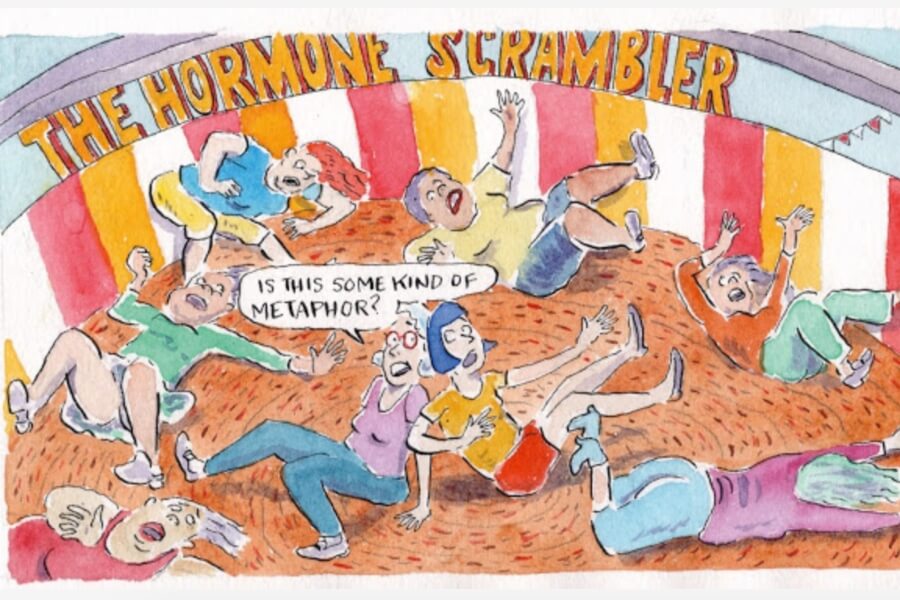
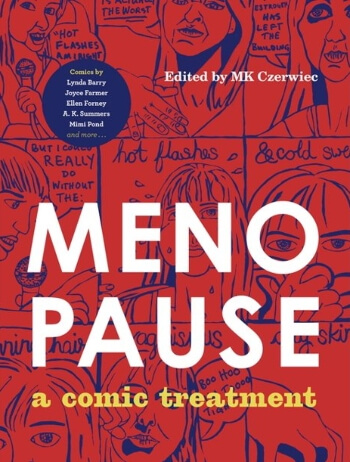


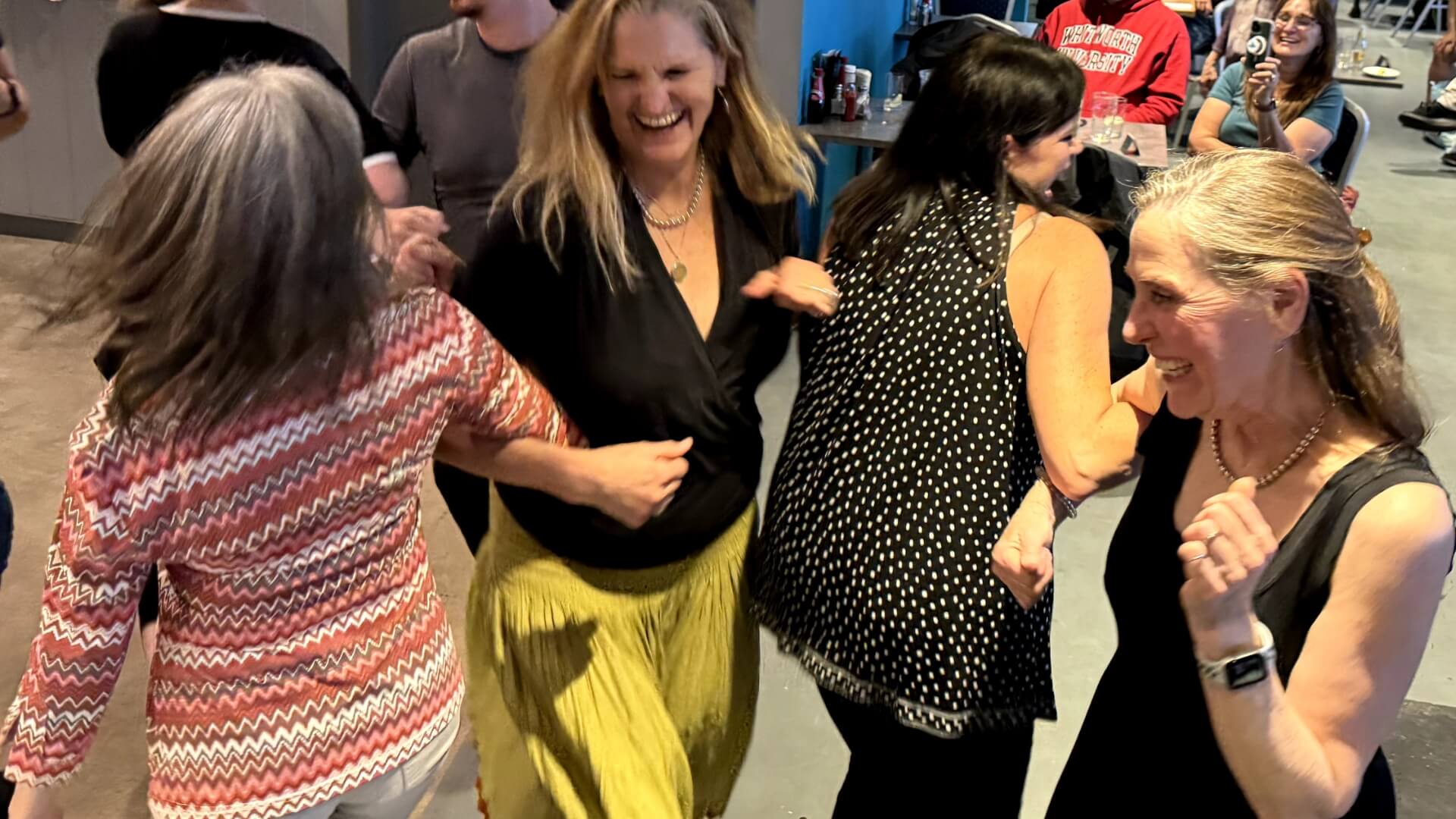












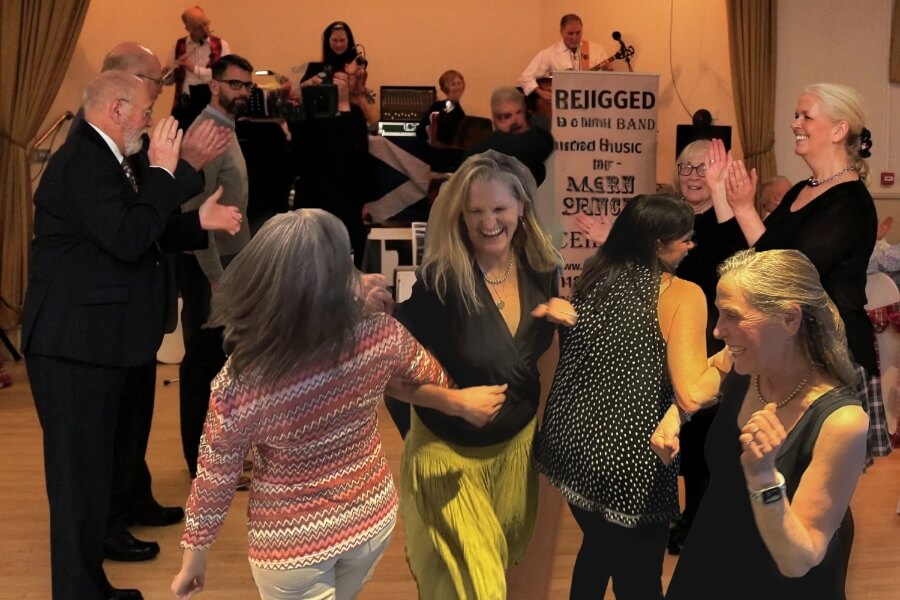

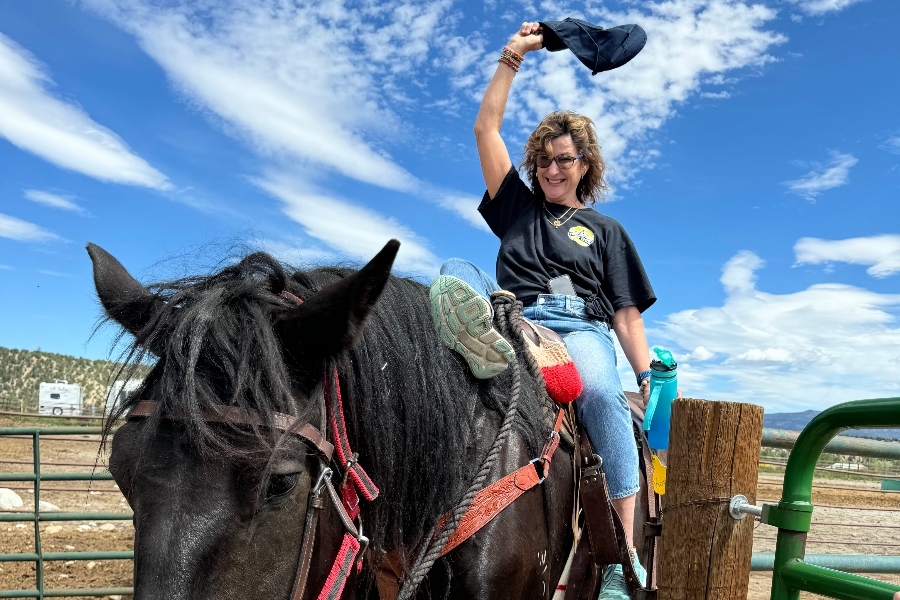




0 Comments